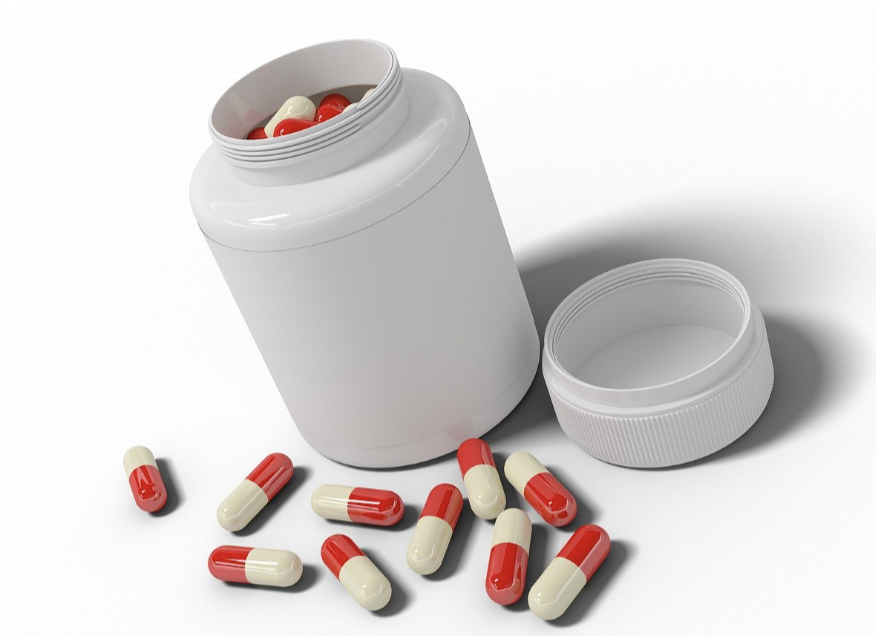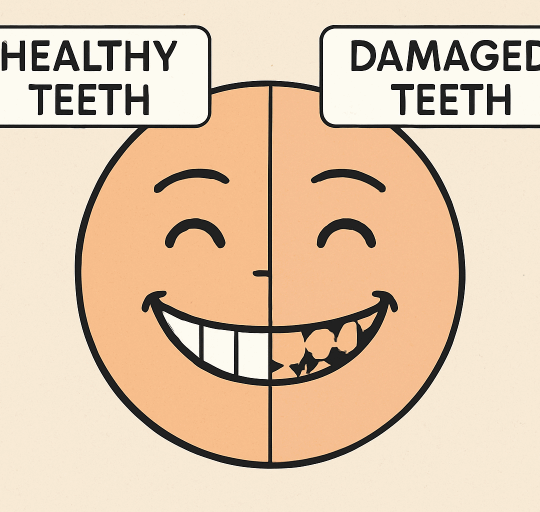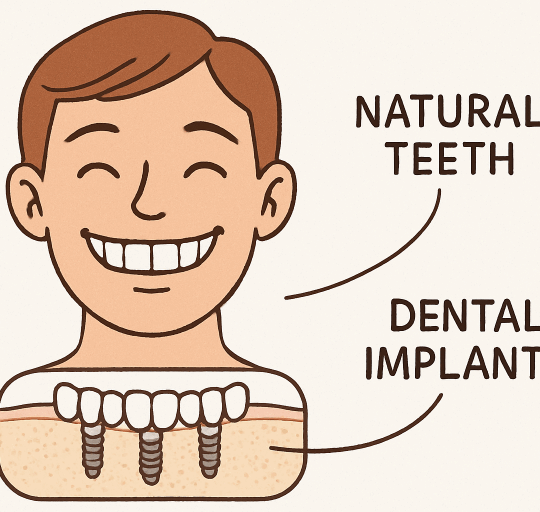Sustainability is not just a trend in the contemporary world but a responsibility. Whether it is food or the packaging we use, every decision has an impact on the planet’s well-being.
Healthcare is a sector that has traditionally relied on plastic packaging, but with the introduction of biodegradable pill bottles, a silent yet significant shift is occurring. These sustainable containers will minimize plastic waste while ensuring the safety, hygiene, and quality standards necessary for medical use.
Biodegradable pill bottles not only offer a solution to environmental problems, but they also represent a step towards responsible healthcare consumption.
The more human beings become aware of the things around them in their daily lives, the better it is to make sustainable choices, such as using biodegradable packaging, which will help guarantee a better future for the world to be cleaner and safer.

Understanding Biodegradable Pill Bottles
Conventional pill bottles are typically made from petroleum-based plastics, such as polyethylene (PE) or polypropylene (PP). They are durable and cost-effective. However, it may take hundreds of years for them to decompose. They often end up in landfills or oceans, becoming a source of pollution and negatively impacting wildlife.
Instead, biodegradable pill bottles are made from natural materials, such as polylactic acid (PLA) or plant starch, and other bio-based polymers. When these materials decompose to produce natural components, such as water, carbon dioxide, and biomass, under the specified conditions, there are no toxic by-products of the process.
There are also biodegradable plastics, which are packaged to decompose in industrial composting plants, and those that can decompose over time when subjected to sunlight, moisture, and microorganisms. There is a significant advantage in that they offer the same protection to medications as traditional plastics, with minimal environmental impact.
What Are the Advantages of Biodegradable Plastics?
Manufacturers and pharmacies are currently researching this sustainable shift as a significant contribution to reducing the industry’s carbon footprint and achieving global environmental responsibility goals. Below are the top benefits of biodegradable plastics.
Less environmental impact
The primary advantage of biodegradable plastics is that they can be naturally broken down, thereby reducing the accumulation of plastic waste over time.
Biodegradable pill bottles can be disintegrated in months or years, unlike conventional plastics that can take centuries to decompose, depending on the conditions. This will massively decrease the level of pollution and the burden on waste management systems.
Health safe (human and animal)
In the event of improper degradation, plastics can emit microplastics, which are small particles that contaminate soil, water, and even food chains.
Biodegradable substances mitigate this danger, providing less hazardous materials that do not seep toxic substances into the environment. This helps improve overall human, animal, and ecosystem health.
Supports a circular economy
Biodegradable plastics would facilitate a circular economy, whereby materials are meant to be reused, recycled, or composted instead of being discarded. Waste is transformed into a resource in a circular system.
Biodegradable pill bottles are reusable, as they can be gathered, composted, and reintroduced into the environment as nutrients, thereby creating a sustainable life cycle that reduces reliance on fossil fuels.
Lower carbon footprint
Most biodegradable materials are produced from renewable materials, such as corn, sugarcane, or cassava starch. As they grow, these sources absorb carbon dioxide, which helps compensate for part of the manufacturing emissions. Consequently, biodegradable plastics tend to have a lower carbon footprint compared to their petroleum counterparts.
Satisfies the sustainability demands of consumers
Customers are becoming more environmentally conscious, and their purchasing choices are gradually shifting towards greater consideration of environmental factors.
Pharmaceutical brands can increase their popularity among sustainability-conscious customers by using biodegradable pill bottles, thereby enhancing their image, establishing themselves as leaders in green innovation, and better appealing to these customers.
Ensures product safety and shelf life
Another myth is that biodegradable plastics would affect the quality of products. In practice, bio-based polymers are now designed to be equivalent to conventional plastics in terms of durability, resistance to moisture, and chemical stability.
This ensures that drugs are safe, effective, and in good condition throughout their shelf life.
Limitations Of Biodegradable Pill Bottles
Although biodegradable pill bottles have numerous benefits, it is crucial to understand the limitations of these products and the factors that influence their success.
Conditions in composting are important
Not every biodegradable plastic can be broken down effectively in ordinary landfills. Most of them have industrial composting plants that maintain controlled heat and humidity, allowing for complete decomposition. In the absence of these conditions, they might degrade at a slower rate.
Cost and availability
Currently, biodegradable products are more expensive to develop than traditional plastics due to the scarcity of supply chains and manufacturing technologies. Nevertheless, economies of scale will decrease the costs in the long run as the demand increases.
Recycling compatibility
Regular plastic recycling streams should not be used to recycle biodegradable plastics since they may contaminate the process. Waste management requires the use of clear labels and separate collection systems.
Consumer education
Biodegradable packaging cannot be disposed of in the same way as traditional packaging, as many consumers are unaware. These should be promoted through awareness campaigns and proper packaging instructions, resulting in end-users disposing of these products in an environmentally friendly manner.
Material science innovation
Biodegradable materials are developing at a swift pace. Researchers are developing hybrid solutions that are biodegradable yet retain high-performance features, such as UV resistance, water repellency, and a longer shelf life. This suggests that the future of biodegradable pill bottles holds even greater promise.
Corporate incentives
Biodegradable packaging is increasingly being incorporated into the Environmental, Social, and Governance (ESG) objectives of many pharmaceutical and supplement companies.
Not only does this enhance brand reputation, but it may also result in long-term cost savings through lower waste management charges and reduced compliance risks.
The shift to biodegradable pill bottles is not just a trend in environmental consciousness, but a crucial shift in how health, sustainability, and responsibility are considered. By choosing biodegradable versions of traditional plastic packaging, we can help secure our planet and our health. They are compatible with current principles of conscious consumption, circular economies, and environmental care, and maintain the integrity of vital medications.







